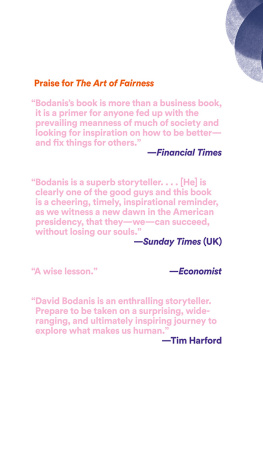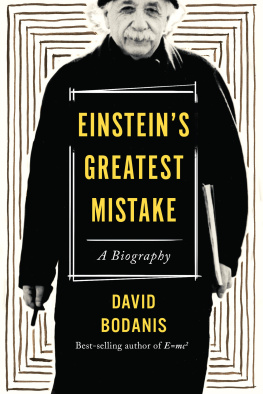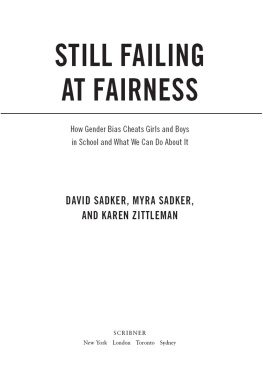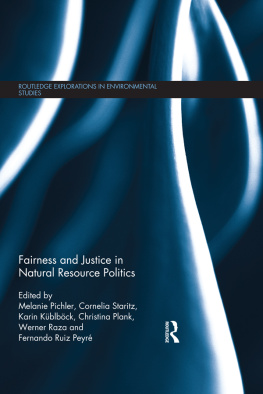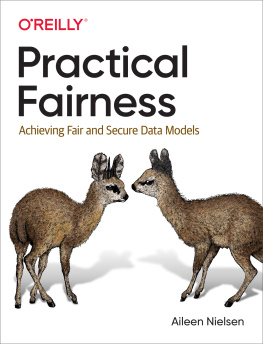Contents
Guide
Page List
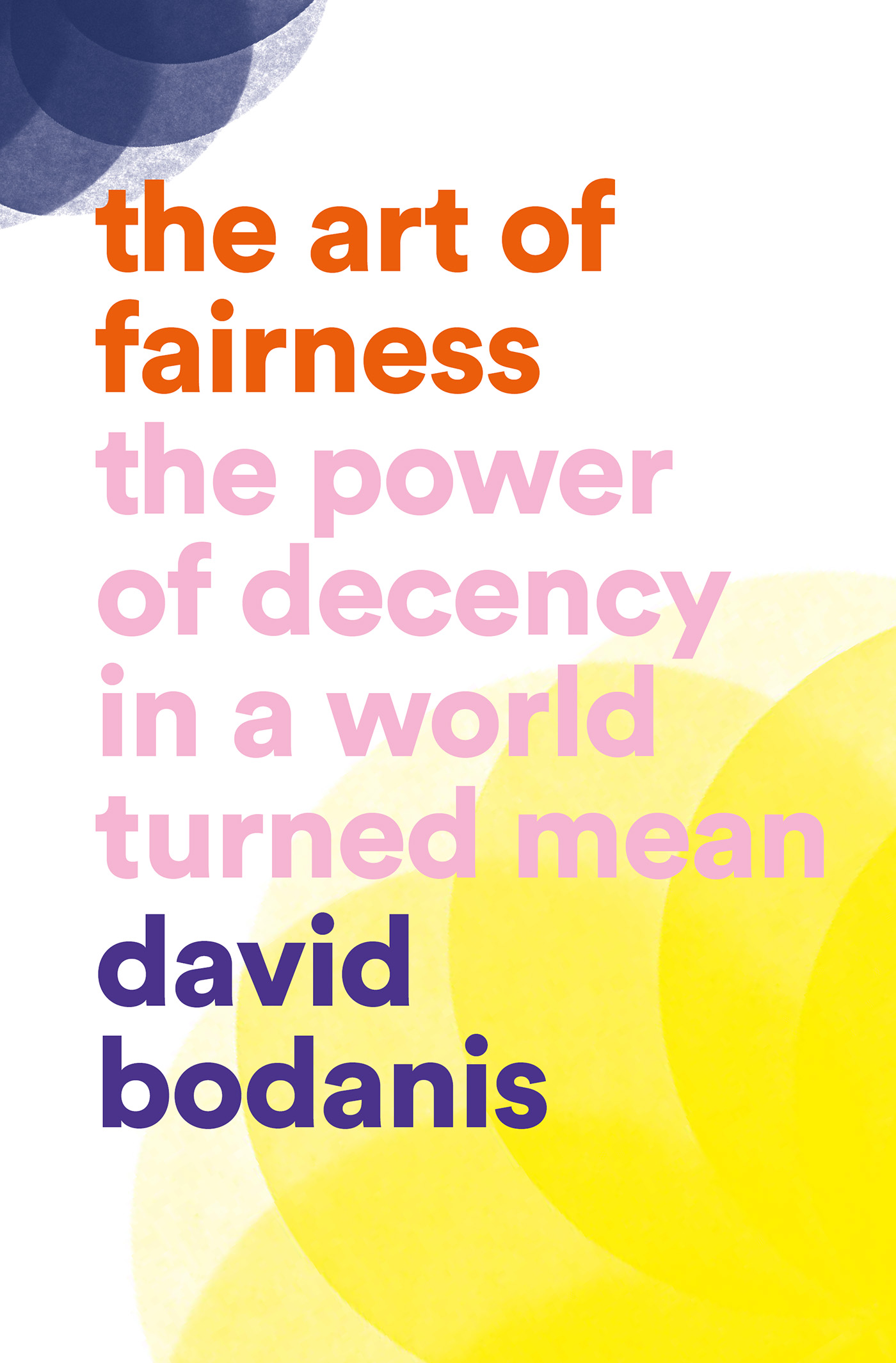
Also by this author
The Secret House
Web of Words
E=mc2
Electric Universe
Passionate Minds
Einsteins Greatest Mistake

Copyright 2021 David Bodanis
Cover 2021 Abrams
This edition first published in hardcover in 2021 by Abrams Press, an imprint of ABRAMS. All rights reserved. No portion of this book may be reproduced, stored in a retrieval system, or transmitted in any form or by any means, mechanical, electronic, photocopying, recording, or otherwise, without written permission from the publisher.
Originally published in the United Kingdom in 2020 by The Bridge Street Press, an imprint of Little, Brown Book Group, a Hachette UK Company
Library of Congress Control Number: 2021933482
ISBN: 978-1-4197-5635-1
eISBN: 978-1-64700-386-9
Abrams books are available at special discounts when purchased in quantity for premiums and promotions as well as fundraising or educational use. Special editions can also be created to specification. For details, contact specialsales@abramsbooks.com or the address below.
Abrams Press is a registered trademark of Harry N. Abrams, Inc.

| ABRAMS The Art of Books
195 Broadway, New York, NY 10007
abramsbooks.com |
In memoriam, Kathleen Griffin (19542018)
All good things come by grace, and grace comes by art, and art does not come easy.
Norman Maclean
CONTENTS
THE ART OF FAIRNESS
INTRODUCTION
A QUIET TEA
January 2020, and zlem Treci at home in Mainz, Germany, has a problem. Shes just read an article on a new viral outbreak in Wuhan, China, realizes its likely to develop into a pandemic that could threaten the planeta world population of over seven billion is at riskand believes the start-up she and her husband have created can play a central role in limiting that. Yet she also knows that a tremendous number of things will need to go right for that to happen: that therell have to be accurate virus sequencing and lab research for initial tests, and big population studies for further testssince putting powerful biological products into healthy people tends not to be a decision taken lightlyand then there will be production facilities to be built; huge series of them, $200 million each, with fermentation units and glistening steel holders and intricate airflow equipment to keep everything ultra-clean, and after thatfor why not make it a bit harder?the final product will need to be plugged in to distribution networks that can get it across the globe, ideally into every human being on the planet. To accomplish this in ten years would be impressivethe record for any major vaccine so far had been fourbut she estimates they might have less than a year before economic and social collapse cuts in.
The technical details arent what bother her. Treci is an excellent organizer, and with her husband, Uur ahin, shed made their medium-sized cancer research firm BioNTech into a masterpiece of organization on a tight budget. The problem is that as the vaccine gets closer to production, ever more players will start pulling and tugging at their work, including huge multinational companieslet alone the autocratic governments in Russia and China, not especially known for their adherence to gentlemanly, polite behavior. There will be crooks and cheats; cyberattacks and strong-arm tactics.
Treci is known for being a decent, considerate woman. She and her husbandboth in their 50slive with their teenage daughter in a pleasant though not spectacular apartment; they bicycle everywhere; they used part of the funds that could have gone on an ostentatious house to help support scholarships instead. They like working at the breakfast table, sipping Turkish tea as they gossip. When they began their first company, ahin bought a copy of Business Plans for Dummies and still keeps it up on a shelf.
Trecis parents had emigrated from Turkey before she was born. ahin had been born in Turkey near the Syrian border, then brought to Germany as a child, where his father worked on a Ford assembly line. Theyve taken to heart the belief of their parents generation that one gets ahead by acting decently. They know a lot of fame and money is at stake, and wouldnt be entirely averse to having some of that. But its a matter of pride for them not to be rude.
How could a couple like that have a chance of winning this world-shaking race?
Ive always been fascinated by a simple question: Can you succeed without being a terrible person? At first it seems obvious that the answer must be No. When a man like Donald Trump has been president, its impossible to say that good guys always win.
Business seems to show us this all the time. Like a frog puffing up its vocal sac to look fearsome, a bullying tone in the office suggests the speaker has superior authority, or superior knowledge, or just a stunningly superior pedigree. If new hires gunning to rise in a consultancy or bank or in politics learn the further trick of bullying only those below them while smiling in a knowing yet ever-so-slightly-submissive way to those above thema psychological two-step understood in seemingly every culturetheir advancement is nearly guaranteed.
The logic appears impeccable. If someones willing to take a shortcut to get what they wantif theyre willing to shout and cheat and steal, if they dont care what it takesit seems obvious they would triumph over someone who isnt going to act that way; proof, as the old saying has it, that Nice Guys Finish Last.
But yet, does that mean you have to go to the other extreme and be a bully or Machiavellian to get anything done? What Ive found, in my research, is that the answer is no. There really is a better path, leading neatly in between. When fairness is applied with the right skill, it can accomplish wonderful things. It led to the Empire State Building being constructed in barely a year, and to an English debutante becoming an acclaimed jungle guerrilla fighter. Theres better information, better creativity, more honest alliances.
Ive been looking into this path for years now into what that might be, starting in courses that I taught at Oxford, then moving on to observations in hi-tech firms, hospitals, banks, law firms, top military units, and other organizations. The same data kept coming up. Terrible people often succeed. Thats a given. Yet when decent people get a certain sort of balance right, they also make it to the top, even in hard, competitive fields where they can help shift matters for the better. Its just often not noticed because more monstrous egos grab our attention.
The quest to advance this better way isnt new. The Bible asks, What shall it profit a man, if he shall gain the world, and lose his soul? Its especially pressing now, with society pushing selfishness to a stunning degree, and democracy under threat once again.
Success will often take longer. No one can teach you all the details in advance, for the needed skills are subtle ones, where advice is easy to state, hard to carry out. Thats why its an art rather than a science.
Biographies are a good way to help provide some of the needed experience, as authors since the Roman-era Plutarch have recognized. Ive arranged this book as a series of profiles accordingly, concentrating mostly on ordinary, decent people who succeeded in life this fair wayalbeit including enough about scoundrels to keep us on our toes.

